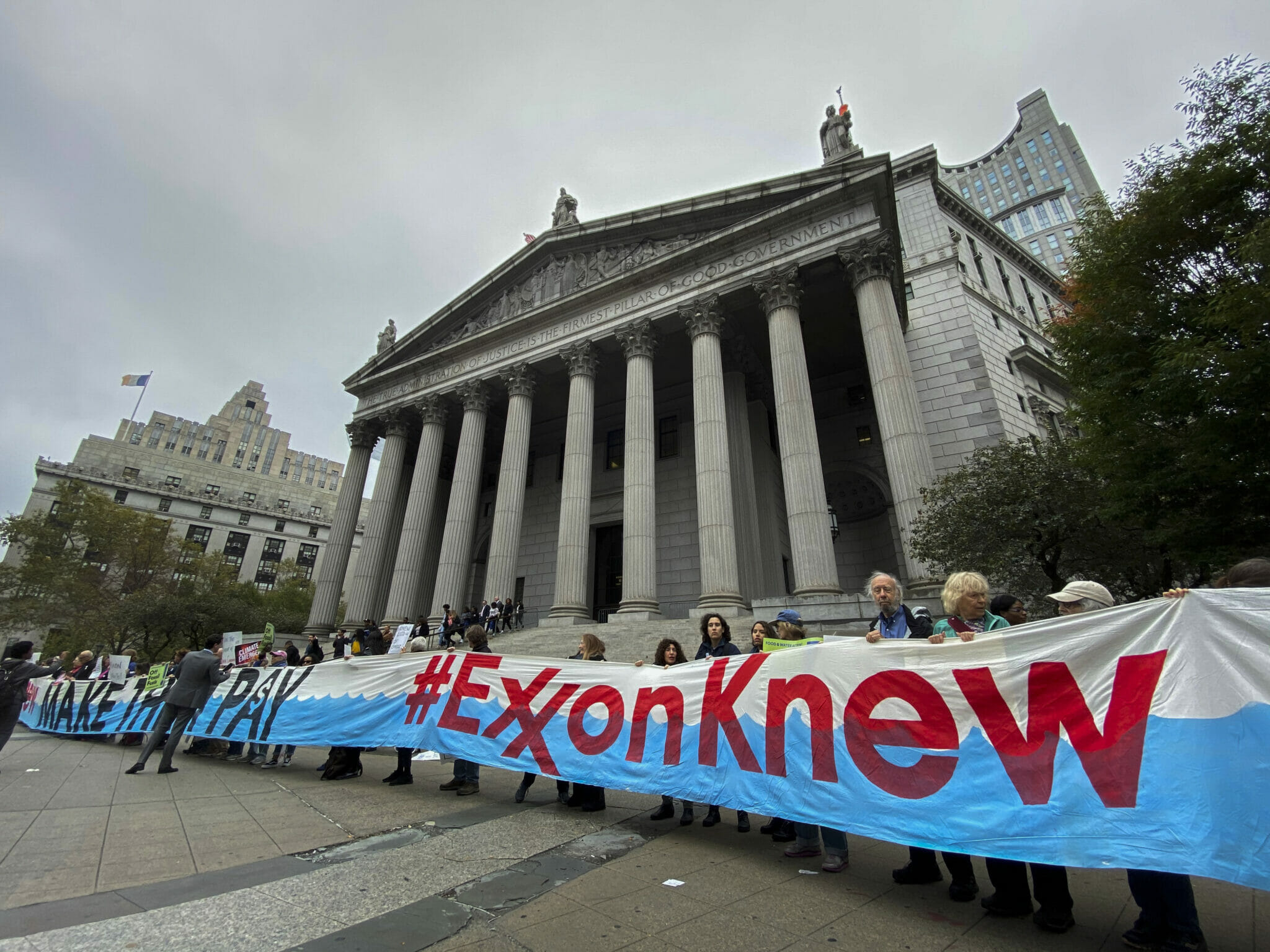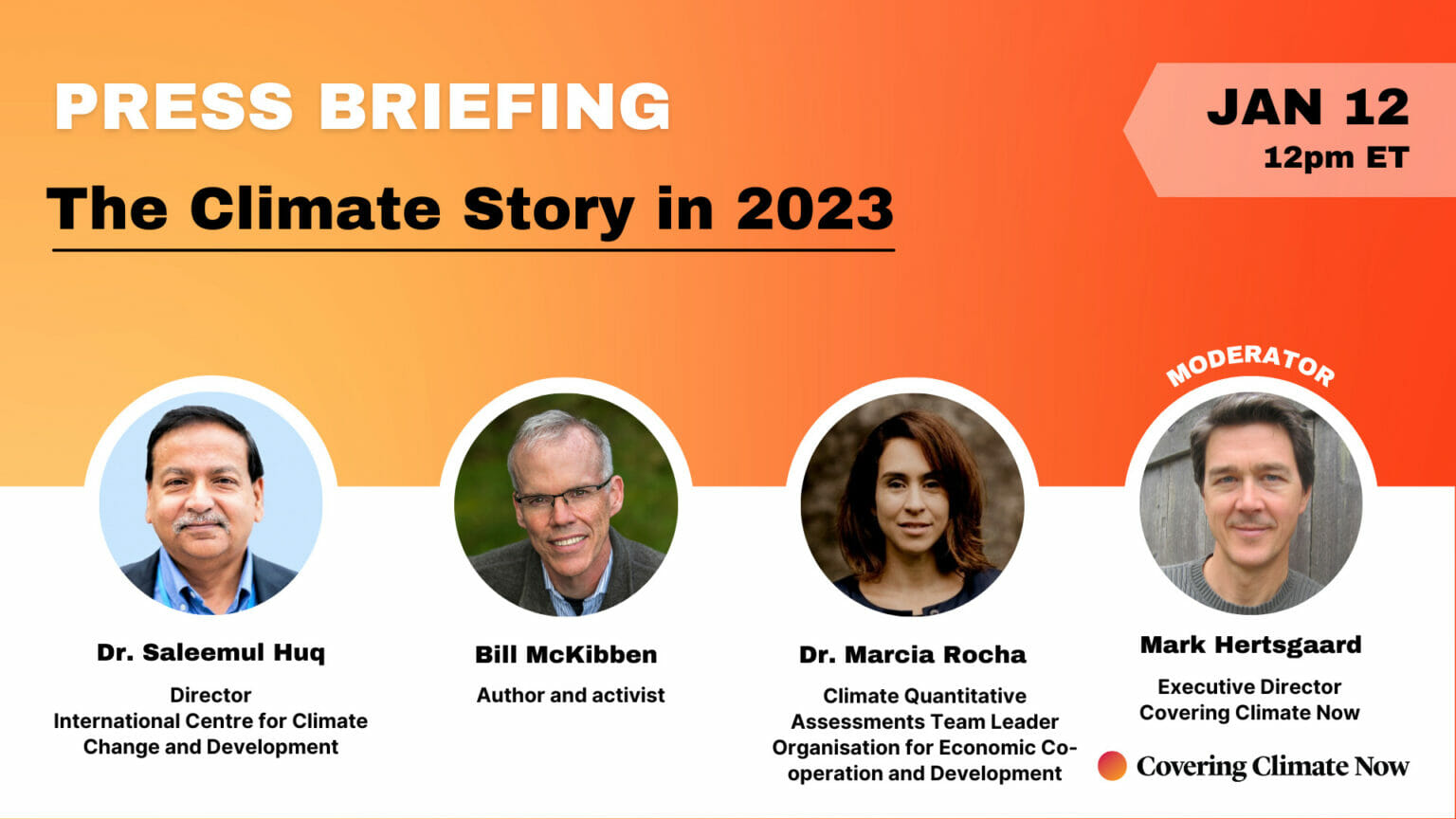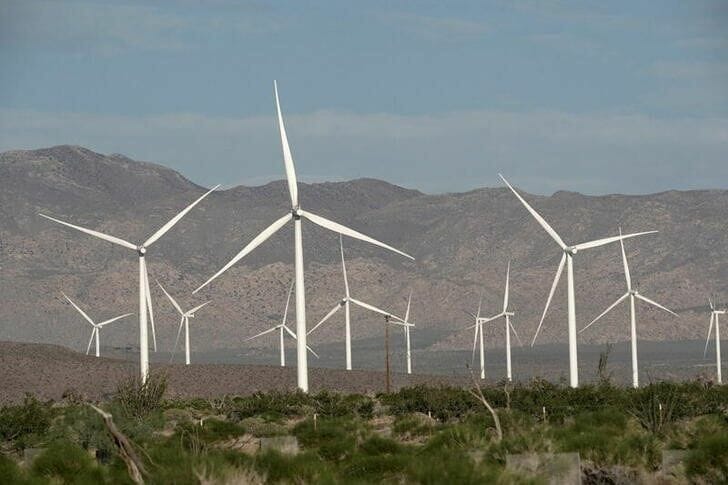Sign up to receive our weekly newsletter
“Exxon really did know.” So wrote Bloomberg columnist Mark Gonglof, commenting on the latest revelations that the oil giant knew decades ago that it would dangerously overheat the planet. A peer-reviewed study released last week in Science cited internal ExxonMobil documents showing that, as far back 1977, the company’s scientists were predicting the future trajectory of global warming “correctly and skillfully.” Geoffrey Supran, the study’s co-author, told the Guardian: “We now have the smoking gun showing that [Exxon] accurately predicted warming years before they started attacking the science [in public].”
The fact that “Exxon Knew” was first revealed in 2015 by investigative reporters at the Los Angeles Times, Inside Climate News, and Columbia University’s Graduate School of Journalism. But this latest episode in the saga comes with an important twist: This time, some of the world’s biggest news organizations also covered the story. So now, it’s not just climate insiders who know that Big Oil lied — the general public is hearing about it as well.
For most of the eight years since the blockbuster exposes of 2015, the media as a whole was all but silent about this paradigm-shift in the climate story. With important exceptions — notably the Guardian, which, in 2021, published a year-long series, ‘Climate Crimes,’ in collaboration with CCNow — the media failed to make Big Oil’s climate lies central to the story.
The new Science study offers newsrooms an opportunity to catch up as the fossil fuel industry continues to mislead the public and policymakers — in part by trying to spin journalists. Faced with growing pressure from activists and lawmakers, much of the industry has shifted from outright climate denial to what amounts to climate delay. Big Oil’s public statements now deliver a two-pronged message: Our industry wants to be part of the solution to climate change by developing clean energy, but it will take time for society to transition, so our fossil fuels will be needed for decades to come.
Reporters should interrogate these claims.
Slowing the transition to clean energy blatantly contradicts what scientists have repeatedly said: Fossil fuels must be phased out without delay. No less a pillar of the establishment than the International Energy Agency has declared that limiting global temperature rise to the 1.5-degree-Celsius target of the Paris Agreement means that zero new refineries or other fossil fuel infrastructure can be built. “Fossil fuel producers and their enablers are still racing to expand production, knowing full well that their business model is inconsistent with human survival,” UN Secretary-General António Guterres said yesterday at the World Economic Forum in Davos, adding, “those responsible must be held to account.”
The Science study is a reminder that “Every person on Earth today is living in a crime scene,” as CCNow executive director Mark Hertsgaard wrote when introducing the ‘Climate Crimes’ series. Most of the public still does not know the full, sordid story. It’s past time to tell it.
From us
Happening soon. As newsrooms embrace coverage of climate solutions, we’re co-sponsoring a Talking Shop with Solutions Journalism Network, whose Fara Warner and Swati Sanyal Tarafdar will explain SJN’s evidence-based framework for solutions reporting and how to apply it to the climate story. Today, January 19, at 12 pm US Eastern Time. RSVP.
NEW: Climate solutions reporting guide. We’ve produced a brand new guide with Solutions Journalism Network on how to cover climate solutions related to politics, business, economics, culture, and how we, as people, live and work. Take me to the guide.
CCNow Q&A. Gabriela Sá Pessoa, a Brazilian journalist covering climate change and human rights, talks about the ongoing, alarming deforestation in the Amazon rainforest, journalistic accountability during the presidency of Jair Bolsonaro, and stories to follow now that Luiz Inácio Lula da Silva is back in power. Read it here.
2023 stories to watch. If you missed our press briefing last week on big stories to watch this year, we have video of the event, a transcript, and key takeaways. Check it out.
Noteworthy stories
“Phantom credits.” Over 90% of rainforest offset credits by the world’s biggest offset provider, Verra, don’t offer real carbon reduction, according to an investigation by the Guardian, the German weekly Die Zeit, and the investigative journalism group SourceMaterial. “These problems exist with nearly every kind of credit,” said Barbara Haya, an expert on carbon credits. Verra disputes the findings. By Patrick Greenfield at the Guardian…
Greenwashing. The world’s leading banks and financial institutions have provided hundreds of billions of dollars to help fossil fuel companies expand their operations, despite signing up for the Glasgow Financial Alliance for Net Zero campaign in 2021, according to Reclaim Finance. By Jake Johnson at Common Dreams…
Cut it out. Over 900,000 people (and counting) have signed a cease and desist letter that youth activists sent to the CEOs of fossil fuel companies demanding they “stop opening any new oil, gas or coal extraction sites, and stop blocking the clean energy transition.” The activists vow to continue protesting in “huge numbers” and are threatening legal action if the companies fail to take action. By Damian Carrington and Damien Gayle at the Guardian…
“Climate neutral.” That’s one of the phrases people should watch out for when evaluating whether to buy products marketed as environmentally friendly, according to leaked European Union documents. The EU is planning measures to crack down on businesses greenwashing. By Olivia Rudgard at Bloomberg…
Say what? Susan Joy Hassol, an expert on climate change language, says we need to change the way we talk about climate change in order to better engage people in the fight against it. She offers alternatives for a number of terms that are either scientific jargon or language used by the fossil fuel industry “meant to confuse, obfuscate and mislead.” Read it at Scientific American…
Events & Resources
Biodiversity explainer. Carbon Brief unpacks new global biodiversity targets, why they are needed, and what it will take to achieve them. Learn more.
Air pollution. Earlier this month, the US Environmental Protection Agency proposed new rules to strengthen the regulation of fine particulate matter — one of the most dangerous types of air pollution — with a final ruling expected later this year. A tip sheet by the Society of Environmental Journalists offers context, story ideas, and resources to localize the story. Learn more.
Stories to watch. The head of the World Resources Institute, Ani Dasgupta, will share insights into the big stories for 2023, including the actions needed to get the world on a sustainable path. January 25. RSVP.
Industry News
Journalism trends. A global survey of media leaders by the Reuters Institute finds that half of respondents have set up a new climate team, nearly a third are hiring staff to cover various aspects of the climate crisis, and one in three have developed a strategy to improve their climate coverage. Learn more.
Jobs, Etc.
Jobs. The Seattle Times is hiring a climate change reporter. OPB in Portland, Oregon is hiring a climate and environment news editor (application due by January 23).
Fellowships. The Jerusalem Press Club is offering travel fellowships for US-based journalists to visit Israel and learn about new clean-tech developments. The application deadline is today. Learn more.
The Society of Environmental Journalists and The Uproot Project are offering diversity fellowships to support journalists’ attendance at SEJ’s annual conference in Boise, Idaho. Apply by February 6. Learn more.
Mongabay is accepting applications for the Y. Eva Tan Conservation Reporting Fellowship Program for early-career journalists to cover biodiversity hotspots. Applicants must be from a low- to upper-middle income tropical country. Apply by February 10. Learn more.


